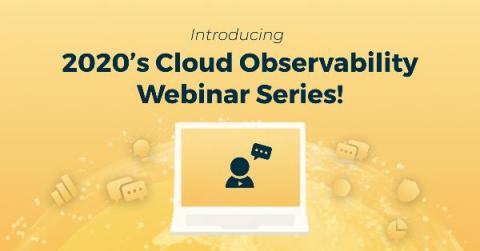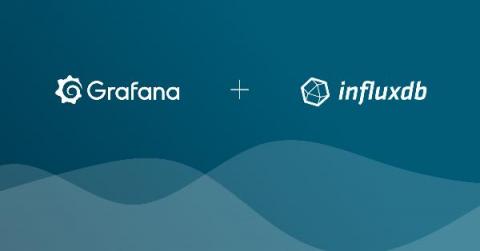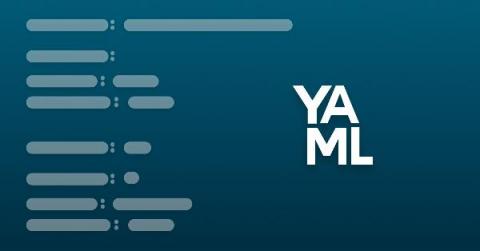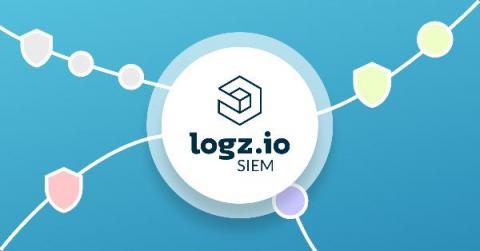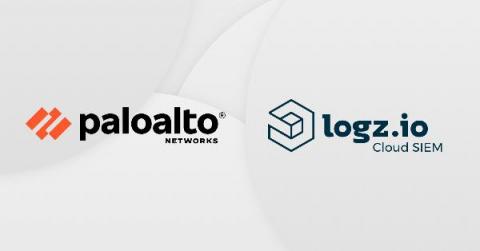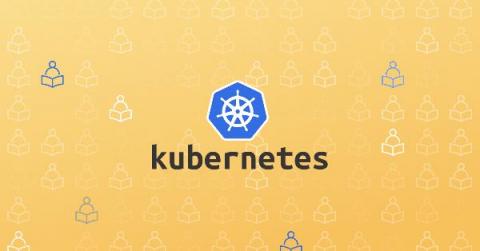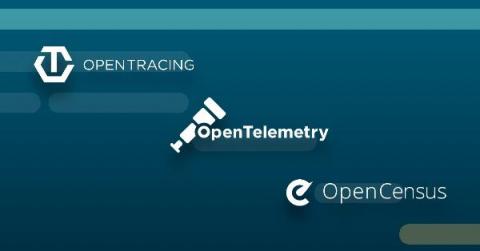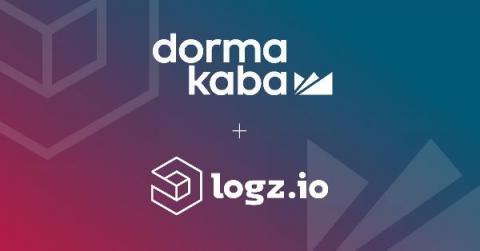Calling All Observability All-Stars!
With the majority of the workforce working remotely due to COVID-19, DevOps teams are still focused on delivering reliable, performant services. In these challenging times, ensuring that infrastructure and applications are available at their highest level is even more imperative—and worthy of recognition. We are all in this together, and in the spirit of supporting each other, we are excited to announce our Observability All-Star program.



